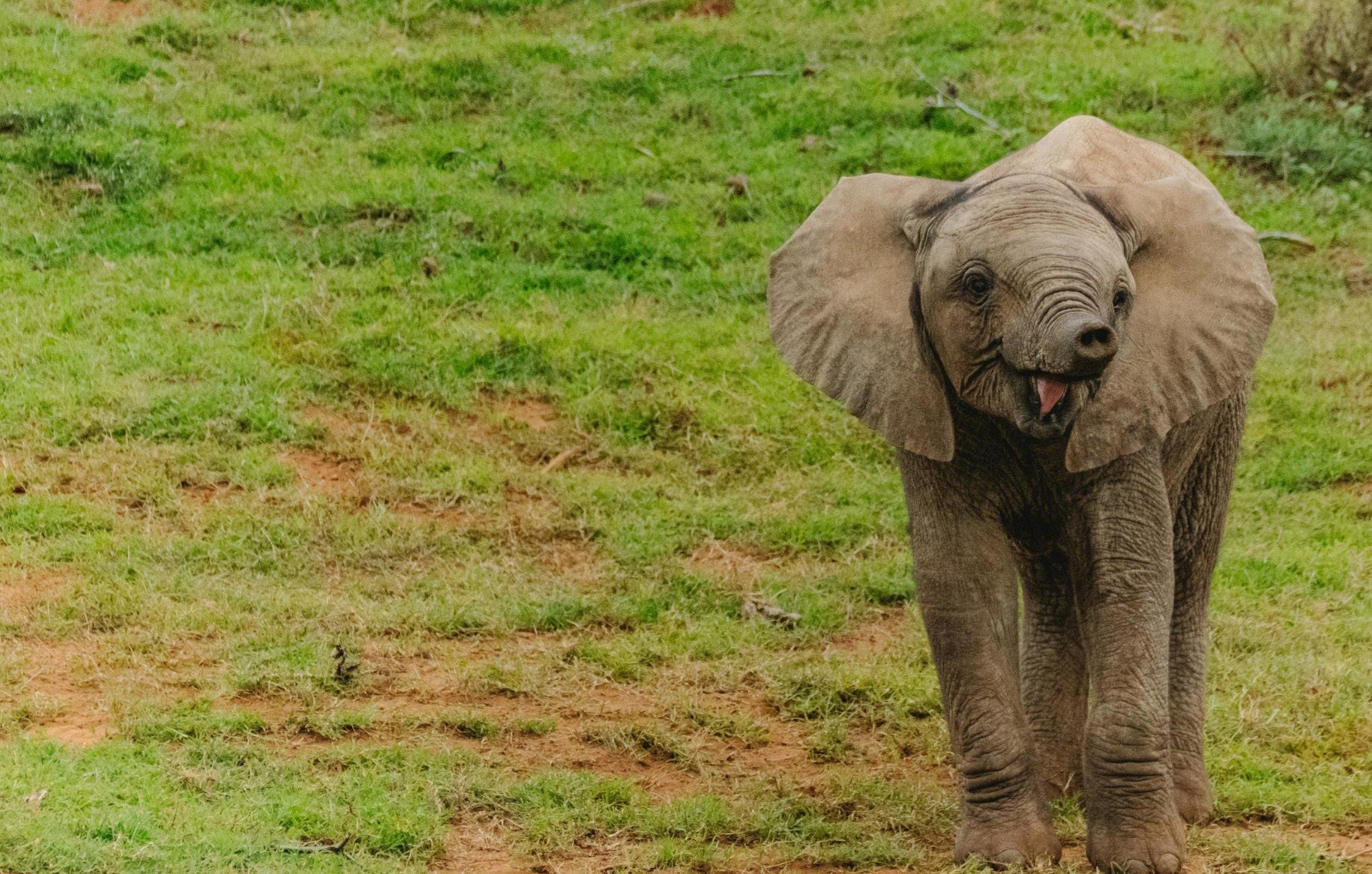

ANIMAL ISSUES DIGEST
WELCOME
As we release this Fall/Winter issue of Animal Issues Digest, we find ourselves at a pivotal moment in the fight for wildlife protection. Dangerous proposals threaten the very foundation of our most critical animal protection laws – the Endangered Species Act and the Marine Mammal Protection Act. These rollbacks, detailed in our cover story, “Fighting the Assault on Nature” (page 8), would strip vital protections from wolves, bears, whales, and other species already facing the brink.
Yet, amidst these challenges, I am proud to share the strength and resilience of Born Free USA’s response. From advocating for
the Captive Primate Safety Act on Capitol Hill (page 3) to fighting wildlife trafficking in West Africa (page 5) and preparing for the Conference of the Parties to CITES (page 10), our team continues to lead with purpose and compassion.
In this issue, you’ll also meet Miri, the newest resident of our sanctuary (page 12), and learn how our partnership with Snow Monkey™ Saké is supporting real monkeys (page 14).
None of this work is possible without you. Whether you adopt monkeys for holidays, make a special year-end contribution, or use your voice in our Action Center, your support is essential.
HIGHLIGHTS FROM THIS ISSUE

Together, we are a lifeline for animals and a force for lasting change.
For the Animals,
Animal Issues Digest is published twice per year by Born Free USA to inform and educate our readers about major wildlife issues. Copyright © 2025 by Born Free USA. Complimentary copy available on request. For reprints and all editorial correspondence, please write to Animal Issues Digest editor at info@bornfreeusa.org. To get the latest information on wildlife issues and what you can do to help imperiled wild animals, become a member of the Wildlife Alert Team at bornfreeusa.org/newsletters.
We work to ensure that all wild animals are treated with compassion and respect and are able to live their lives according to their needs. We seek to have a positive impact on animals in the wild and protect their ecosystems in perpetuity, for their own intrinsic value and for the critical roles they play within the natural world.
Angela Grimes Chief Executive Officer
Born Free USA

&
& Contributors:
| info@bornfreeusa.org | bornfreeusa.org
Editorial: Arlene Harting-Josue, Graphic Designer Karen Lauria, Communications Director Writers
Suzanne Emerson; Angela Grimes; Gita Matlock; Devan Schowe; Alice Stroud; Dr. Liz Tyson.
ADVOCATING FOR PRIMATES ON CAPITOL HILL
Building on momentum from Representative Mike Quigley’s visit to our primate sanctuary (see page 13), Born Free team members were joined by former primate “pet” owner, Erica, for a whirlwind few days lobbying on Capitol Hill in May. Focusing on the need for a ban on the private keeping of primates as pets, we attended more than a dozen meetings with congressional offices to make the case for support for the Captive Primate Safety Act. We shared the stories of the 18 monkeys Born Free has rescued from the pet trade in the last four years alone, underlining the desperate need for a ban on animal welfare and human safety grounds. Erica provided a firsthand account of her frightening experience trying to care for a growing Japanese macaque, Khy.
Khy was purchased by Erica as a baby but quickly became dangerous as he got older. Fearing for her own safety and having been bitten multiple times, Erica surrendered Khy to the Born Free USA Primate Sanctuary, where he lived until his passing in 2022. Erica’s brave choice to share her very personal story with legislators clearly hit home as
her no-holds-barred account laid bare the dangers of keeping a primate in a private home.
In addition to the jam-packed meeting schedule, we co-hosted a director’s cut of the docuseries, Chimp Crazy, in the Capitol Visitor Center, alongside Representative Quigley and Senator Blumenthal. This event also featured a Q&A with Erica and our Animal Welfare and Advocacy Director, Liz. It was a fantastic educational opportunity to gain visibility for the Captive Primate Safety Act and highlight the need for its enactment.

ERICA’S BRAVE CHOICE TO SHARE HER VERY PERSONAL STORY WITH LEGISLATORS CLEARLY HIT HOME AS HER NO-HOLDS-BARRED ACCOUNT LAID BARE THE DANGERS OF KEEPING A PRIMATE IN A PRIVATE HOME .

The newest installment of our series highlighting the suffering of animals in zoos, Our Captive Cousins: The Plight of Great Apes in Zoos, explores the way great apes in zoos suffer in captivity for human entertainment. Like many other captive animals, the complex needs of primates cannot be met in zoos. Chimpanzees, gorillas, bonobos, and orangutans live rich lives in their natural homes whereas those on exhibit in zoos experience lack of space, lack of social opportunity, high infant mortality, and separation from family, among many other issues.
In addition to considering the experiences of the apes themselves, our research also recounts case studies demonstrating the danger that great apes pose to their
EXPLORING THE SUFFERING AND ANGER OF GREAT APES IN ZOOS EXPOSING THE EXPLOITATION OF WILD ANIMALS IN THE CLASSROOM
Teachers’ Pets: The Exploitation of Wild Animals in the Classroom examines the complex and often problematic relationship between education and wildlife, focusing on the practice of keeping wild animals as classroom pets and on mobile zoo exhibits that bring wild animals into schools. The report examines the lack of regulation governing these encounters, outlines the public health and safety issues at play, highlights the animal conservation and welfare concerns surrounding this issue, and dismantles the alleged educational benefits of having wild animals in schools.
The COVID-19 pandemic escalated the urgency to address this topic. Wild animals are the main vectors of many diseases that can pass to humans, so it is important to minimize direct contact between humans and wild animals, especially with vulnerable populations like children.

captors and zoo visitors. People have been bitten, attacked, and otherwise injured by captive great apes.
The message behind the report could not be clearer: our closest cousins should not be held captive to amuse humans.
Join us in our efforts to challenge zoos by reading and sharing the report at bornfreeusa.org/captivecousins.
Banning classroom pets in school districts and prohibiting mobile zoos from school property are the most effective and logical solutions to protect future generations of students and help keep wild animals in the only environment in which they truly belong: their wild homes.
Explore the report at bornfreeusa.org/classroompets.
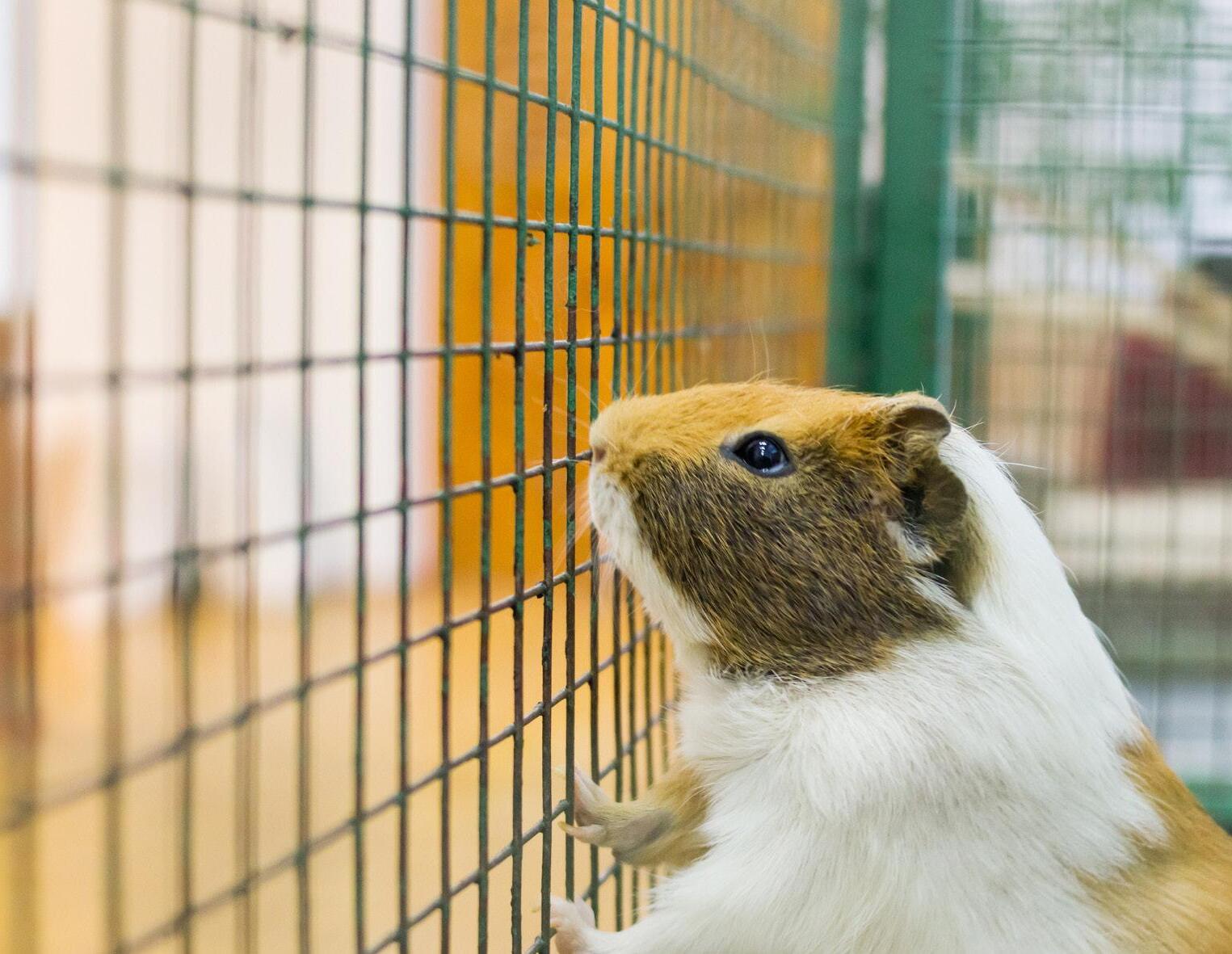
OUR WORK TO SAVE WILDLIFE IN WEST AFRICA CONTINUES
This July, Born Free USA facilitated a workshop for law enforcement officers from Benin, Ivory Coast, Ghana, and Nigeria on conducting successful criminal investigations. Participants discussed current wildlife crime cases and opportunities to collaborate. As wildlife crime is often conducted by transnational organized criminal groups, which move live animals and wildlife products through many countries before reaching their final destinations, these opportunities are essential for ensuring that
criminals are identified and prosecuted. A massive seizure of more than 1,600 birds in Nigeria in August 2025 demonstrates the extent to which wildlife crime continues to be a major challenge for West Africa.
Born Free USA, through its comprehensive training and mentoring program, is addressing these challenges head-on. With expertise from our mentors, enforcement officers across
West Africa are now identifying suspects, undertaking risk profiling, sharing intelligence, and linking suppliers and purchasers.
Born Free USA has immense gratitude for these officers, who put their lives in danger to protect animals and whose work often goes unrecognized.
Read more about the bird rescue in Nigeria at bornfreeusa.org/1600parrots.

A
MASSIVE SEIZURE OF MORE THAN 1,600 BIRDS IN NIGERIA IN AUGUST 2025 DEMONSTRATES THE EXTENT TO WHICH WILDLIFE CRIME CONTINUES TO BE A MAJOR CHALLENGE FOR WEST AFRICA .

SHOW YOU CARE WITH
Give your loved ones a gift that really makes a difference this holiday season!
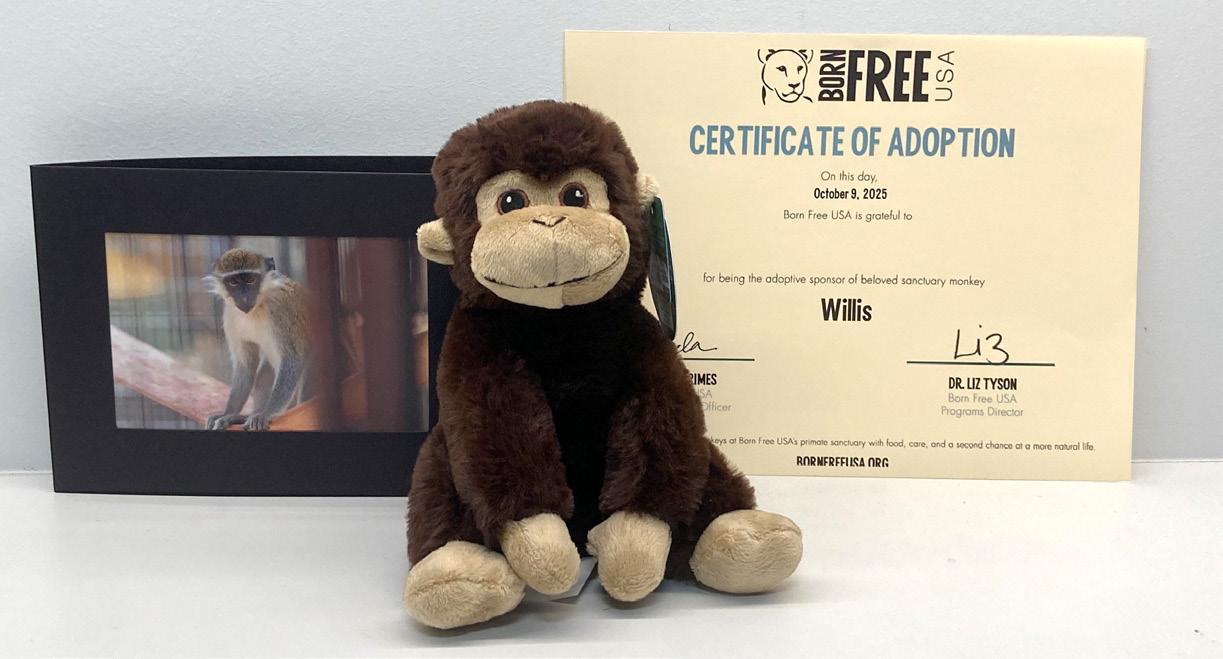
There are so many special monkeys at the Born Free USA Primate Sanctuary who need your support. For $7 a month or $60 for one year, you can help provide nutritious food, shelter, toys, loving care, and veterinary treatment to monkeys who have a second chance because of you. Monkey adoption packages come with a stunning photo of your adopted monkey along with his or her biography, a personalized certificate of adoption, and a huggable plush toy.
Make a Difference for A Rescued Monkey...


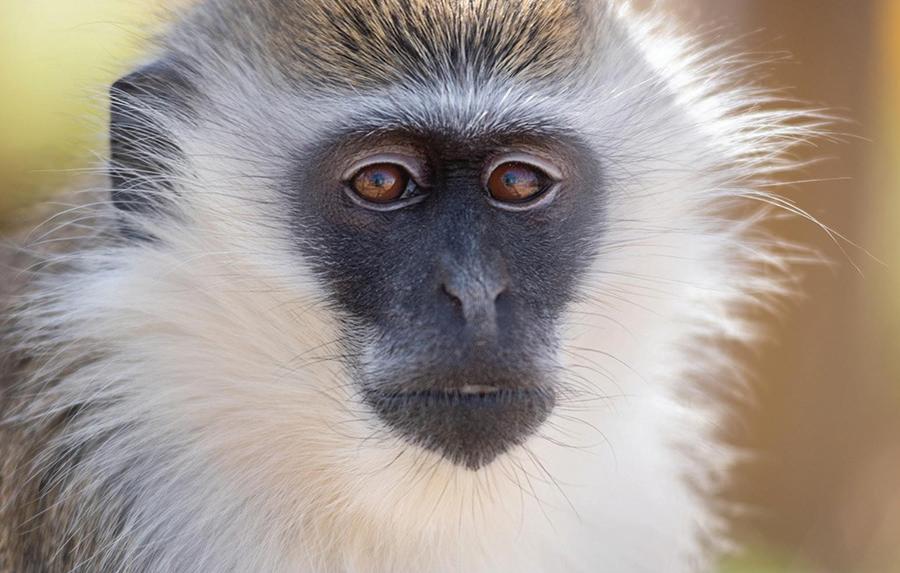
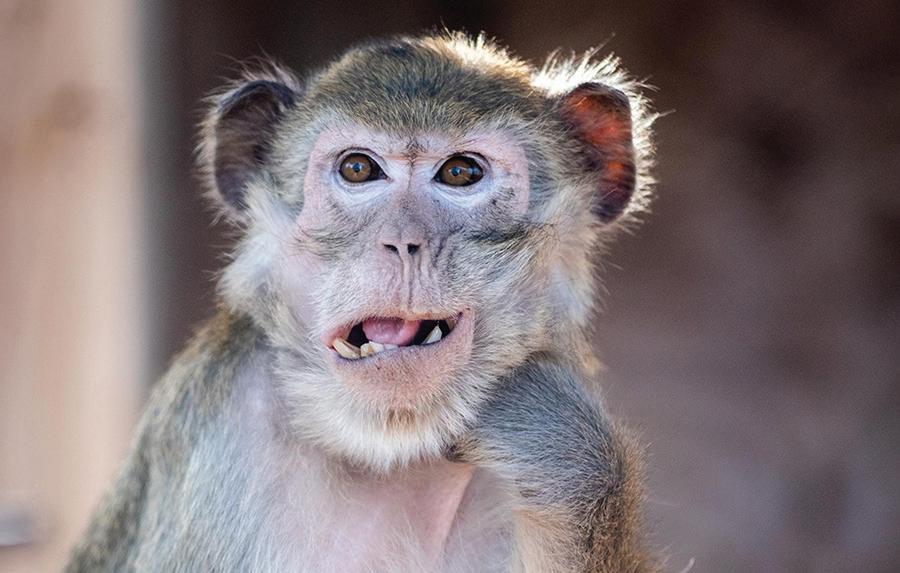



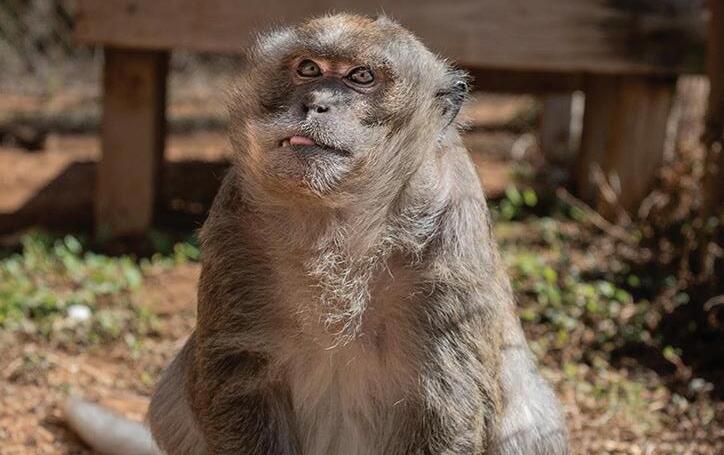
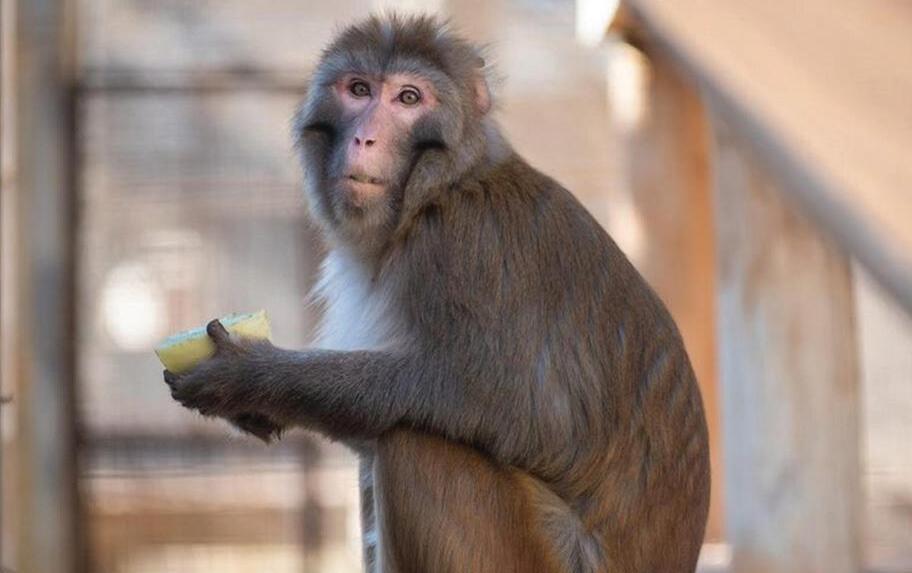

Willis, The Ball of Energy
Gizmo, The Expressive Greeter
Teddy, The Chatty Mischief Maker
Louie, The Shy Newbie
Freeman, The Miracle Monkey
Oscar, The Best Pal
Buddy, The Robust Athlete
Kiki, Miss Independent
Dawkins, The Aloof Giant
AN ADOPTION GIFT!
Give a gift that gives back!
With our symbolic wildlife adoptions, rather than sponsoring an individual animal, you will be making a difference for an entire species! For just $7 a month or $60 for one year, you can support Born Free USA’s work to protect your loved one’s favorite animal. Wildlife adoption packages come with a photo of your chosen species in the wild, a fun factsheet, a personalized certificate of adoption, and an adorable plush toy.

Keep Wildlife in the Wild.





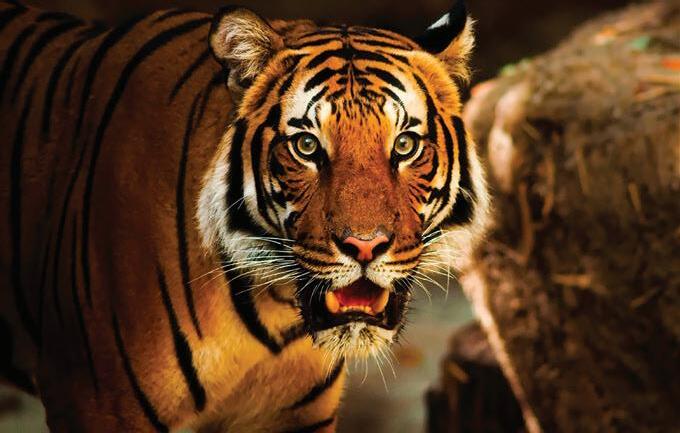
Or scan the QR code





Polar Bear
Fox Elephant
Giraffe Tiger
Grey Wolf
Bobcat
Ray
Cheetah
FIGHTING THE ASSAULT ON NATURE
The Endangered Species Act (ESA) and the Marine Mammal Protection Act (MMPA) are two flagship U.S. conservation and animal protection laws. Collectively, these laws protect more than 2,500 species from varying harms and can be credited with the recovery of multiple imperiled species. But, new proposals threaten to gut these two vital laws, thus exposing vulnerable animals to possible injury or death and pushing them closer to extinction.
Proposals currently under consideration in Congress include:

Stripping Scientific Rigor from Endangered Species Act Decisions. It is proposed that any information provided by state and local authorities, as well as tribal communities, supporting or opposing the listing and delisting of species would be automatically deemed the most relevant data available; even if it is false. This will prevent expert organizations like Born Free USA, which provide well-researched, science-based feedback on listing decisions, from having our voices heard.
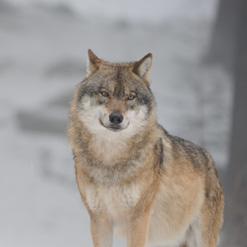
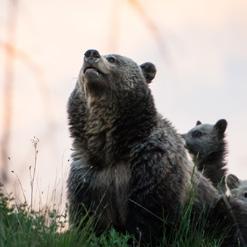

Delisting Gray Wolves across the Country. Wolves have long been targeted by those wishing to increase hunting of this important species, with their status under the Endangered Species Act being unstable as populations are listed and delisted over time. These new proposals, once again, place gray wolves in the crosshairs.
Delisting Grizzly Bears in the Greater Yellowstone Ecosystem. If successful, this proposal will see increased hunting of grizzly bears in Yellowstone National Park and surrounding areas. Reintroduction efforts for grizzlies would also be blocked.
Reduced Protections for Marine Mammal Species. Cetaceans – whale, dolphin, and porpoise species – would have protections regarding “incidental take” removed. Put simply, these changes would significantly reduce controls on permissible levels of deaths of these species resulting from unintentional acts, such as fishing “bycatch” and/or deaths caused by other activities such as military use of explosives at sea, among other practices. Experts predict that these rule changes would result in up to tenfold increases in deaths for some species.
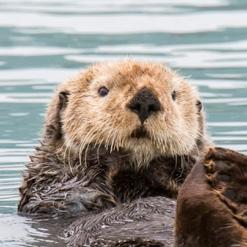
Reduced Protections for Sea Otters and Polar Bears. Like whales, dolphins, and porpoises, sea otters and polar bears will become victims of increased “incidental take” as rules are relaxed. This will lead to more deaths and less accountability.
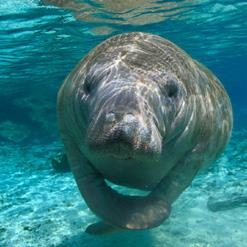

Increased Danger for Manatees. Manatees, whose leading cause of recorded death is from boat strikes, will be made more vulnerable as control of boat access to their natural ranges is relaxed. This will inevitably lead to increased injury and death. Even without the rule change, most adult manatees carry scars from boat strikes.
Reduced Funding for ESA Enforcement. While wolverines were listed on the Endangered Species Act in 2023, this positive move is set to lose its efficacy as funding for enforcement is stripped.
These are just some of the alarming changes being proposed. The implications of these proposals are far reaching and devastating. They cannot be allowed to succeed. Together, we must make our voices heard in Congress to ensure that our precious wildlife continues to receive vital protection and that measures are implemented to increase, not reduce, chances of survival.
Write to your lawmaker to oppose these disastrous proposals at bornfreeusa.org/stoptheassault.
GIVE TO PROTECT ENDANGERED SPECIES — BEFORE IT’S TOO LATE
New proposals threaten the survival of endangered wildlife. Beloved animals now at risk include:
• Wolves and grizzlies
• Whales, dolphins, and porpoises
• Sea otters, polar bears, and manatees
• Wolverines and more
Your gift can defend wildlife from these devastating attacks. Join us today as an Endangered Species Defender! Visit bornfreeusa.org/donate or make a gift with the enclosed envelope.


PROTECTING GAZELLES, HORNBILLS, SHARKS, AND OTHER SPECIES AT CITES COP20
This year marks the 50th anniversary of the Convention on International Trade in Endangered Species of Wild Fauna and Flora (CITES). CITES is a vital, legally binding agreement between governments that protects species threatened by international legal trade and provides mechanisms to address illegal trade.
Born Free USA will attend the upcoming 20th meeting of the Conference of the Parties to CITES (CoP20) that will be held in Samarkand, Uzbekistan from November 24 to December 5, 2025. More than 2,000 delegates from 185 member countries (known as ‘Parties’) will gather to debate and decide on measures that will ensure international trade in wild animals and plants does not threaten their survival.
At the conference, Born Free USA will seek CITES protection for threatened species heavily targeted for the pet trade in the United States, including 15 species of tarantulas, 58 species of rattlesnakes, and two species of sloths.

How Does CITES work?
CITES either prohibits international trade or ensures that international trade in protected animals and plants is regulated through a licensing system. There are more than 40,000 species of animals and plants listed in one of the three CITES Appendices:
• Appendix I includes species threatened with extinction. Commercial international trade is prohibited.
• Appendix II includes species not necessarily threatened with extinction, but in which trade must be controlled. International trade is regulated.
• Appendix III contains species that are protected in at least one country, which has asked other CITES Parties for assistance in controlling the trade.
What Species Will Born Free USA Focus on for CoP20?
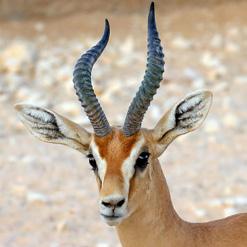
Dorcas Gazelles. These small gazelles are found in arid and semi-arid habitats across the Sahara, Horn of Africa, and Arabia. This remarkable animal does not need to drink, instead relying on water found within the vegetation it feeds upon. The gazelle plays an important role in the ecosystem as a disperser of seeds, particularly of Acacia trees. Dorcas gazelles have been heavily impacted by catastrophic droughts, degradation of pastures through overgrazing, cutting of woody plants, and habitat loss. However, population declines are mainly attributed to uncontrolled hunting, which needs to be addressed by CITES. At CoP20, Born Free USA will advocate for the inclusion of Dorcas gazelle in Appendix II (they are currently unprotected by CITES).
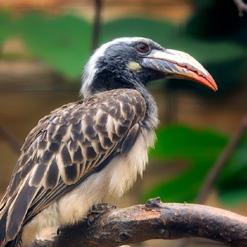



African Hornbills. Hornbills, with their remarkable large bills, are an iconic part of the savannah and forest landscapes in Africa. Hornbills are frugivores and play an important role in seed dispersal. These amazing birds are in decline, caused by a range of factors, including international trade in their skulls/casques and feathers. At CoP20, Born Free USA will support the inclusion of all nine species of African hornbill in CITES Appendix II (they are currently unprotected by CITES).
White-backed Vultures and Rüppell’s Vultures. Vultures hold a unique role in African ecosystems, removing carcasses and other waste from the environment. This reduces the spread of disease and contamination of water. Both the white-backed vulture and Rüppell’s vulture are critically endangered, threatened by conversion to agro-pastoral systems, loss of wild prey species leading to a reduced availability of carrion, hunting for trade, and persecution and poisoning by humans. At CoP20, Born Free USA will support a proposal to include both species of vulture in Appendix I (they are currently in Appendix II).
Whale Sharks and Other Marine Species. Among the many marine species being debated at CoP20 are whale sharks – the world’s largest fish species. Whale sharks have experienced alarming global population declines of 40-92% in the past three generations. Whale sharks are caught for their fins, which are considered a delicacy. Born Free USA will advocate for whale sharks to be uplisted to Appendix I (they are currently in Appendix II).
These are just a few of the many different issues that Born Free USA will be addressing during CoP20. Please keep an eye on our website for regular updates and news during the CoP!
WELCOME HOME, MIRI!
In June, we received a heartbreaking call for help. A baby vervet monkey had been dumped in a cat carrier outside a wildlife rehabber’s home in Louisiana. He was crying in fear when the homeowner found him the following morning.
Born Free USA committed to providing a lifelong home for him and, after some quick arrangements, the little monkey, who we named Saimiri (Miri for short), arrived at our sanctuary. While it is devastating for him that he was torn from his mother when he should have been in her loving arms, his young age gave him an excellent opportunity to be accepted by some of our existing residents. While we were hopeful for smooth integration, we could not have imagined just how beautifully it would go!
On meeting Charles, an older vervet monkey who has lived with us for more than 20 years, Miri ran straight over to him and hugged him. While a little surprised by this tiny monkey throwing himself on him, Charles took it in his stride and took Miri under his wing. Since that time, Miri has met the rest of his social group and is spending his time happily playing, foraging, climbing, and resting in his large open top enclosure. Miri idolizes Charles and follows him around, something that Charles has seemingly accepted. We are excited to watch Miri grow with his new family and hope he has many happy years ahead of him.
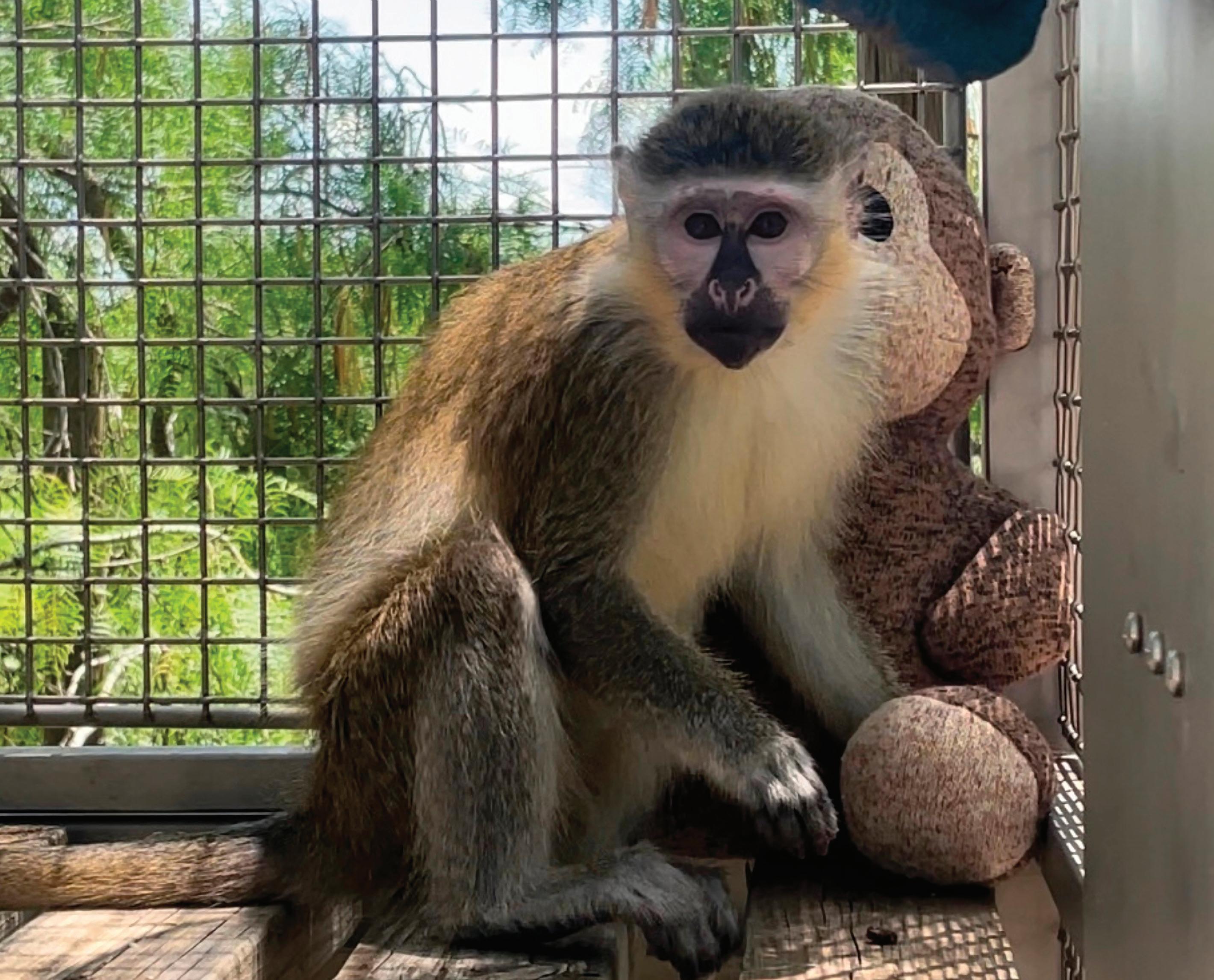
A BABY VERVET MONKEY HAD BEEN DUMPED IN A CAT CARRIER OUTSIDE A WILDLIFE REHABBER’S HOME IN LOUISIANA . HE WAS CRYING IN FEAR WHEN THE HOMEOWNER FOUND HIM THE FOLLOWING MORNING .
CONGRESSMAN MIKE QUIGLEY VISITS
THE SANCTUARY!
Early May saw the introduction of the Captive Primate Safety Act in both chambers of Congress. The bill seeks to ban the private ownership of primates nationwide. Born Free has been a long-term advocate of the bill, and we were honored to welcome House Representative Mike Quigley, one of its biggest champions on the Hill, to our sanctuary to introduce him to some of the monkeys we have rescued from the cruel pet trade.
Representative Quigley and his team were given a guided tour as our staff shared stories that highlight the dire need for a ban on private ownership of monkeys and other primates. Mr. Quigley was visibly moved by the accounts he heard, including Lyla’s story. Lyla was rescued in 2023 after spending seven long years in a tiny, filthy dog crate.
In addition to Lyla, Mr. Quigley met Freeman and Pablito. Freeman, like Lyla, was kept in a tiny dog crate for years on end and was given alcohol and marijuana by his former owners. Pablito escaped from his former home in Laredo, TX, and was hit by a car. He suffered serious head injuries but, incredibly, survived.
At the end of his visit, Representative Quigley reiterated his commitment to seeing the Captive Primate Safety Act become law and praised our team for the exemplary care provided to all our monkey residents. We are delighted that he and his team took time out of their busy schedules to make the trip and hope that their deeper understanding of the damage that the primate pet trade causes will fuel their ongoing efforts to put an end to it in the United States.
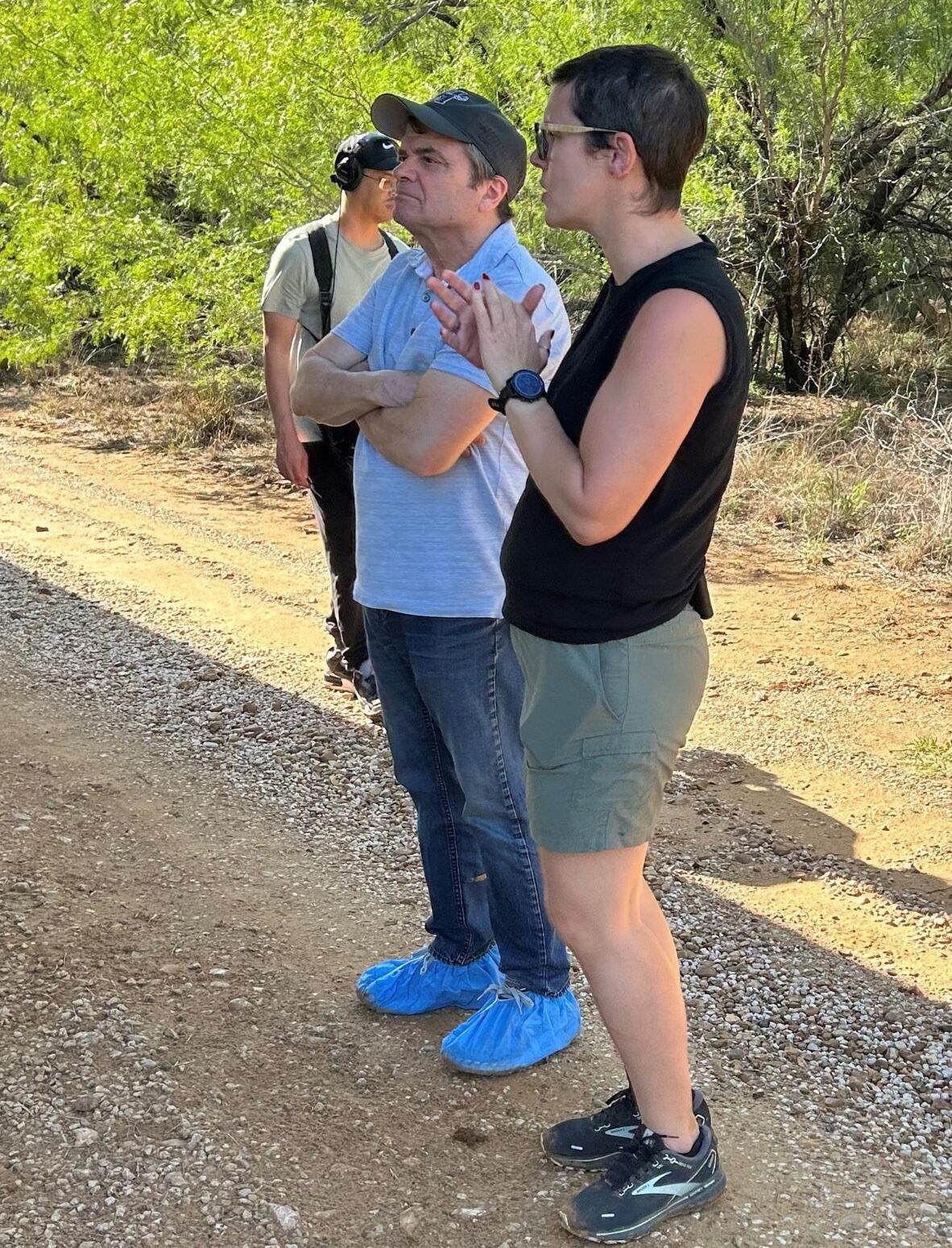
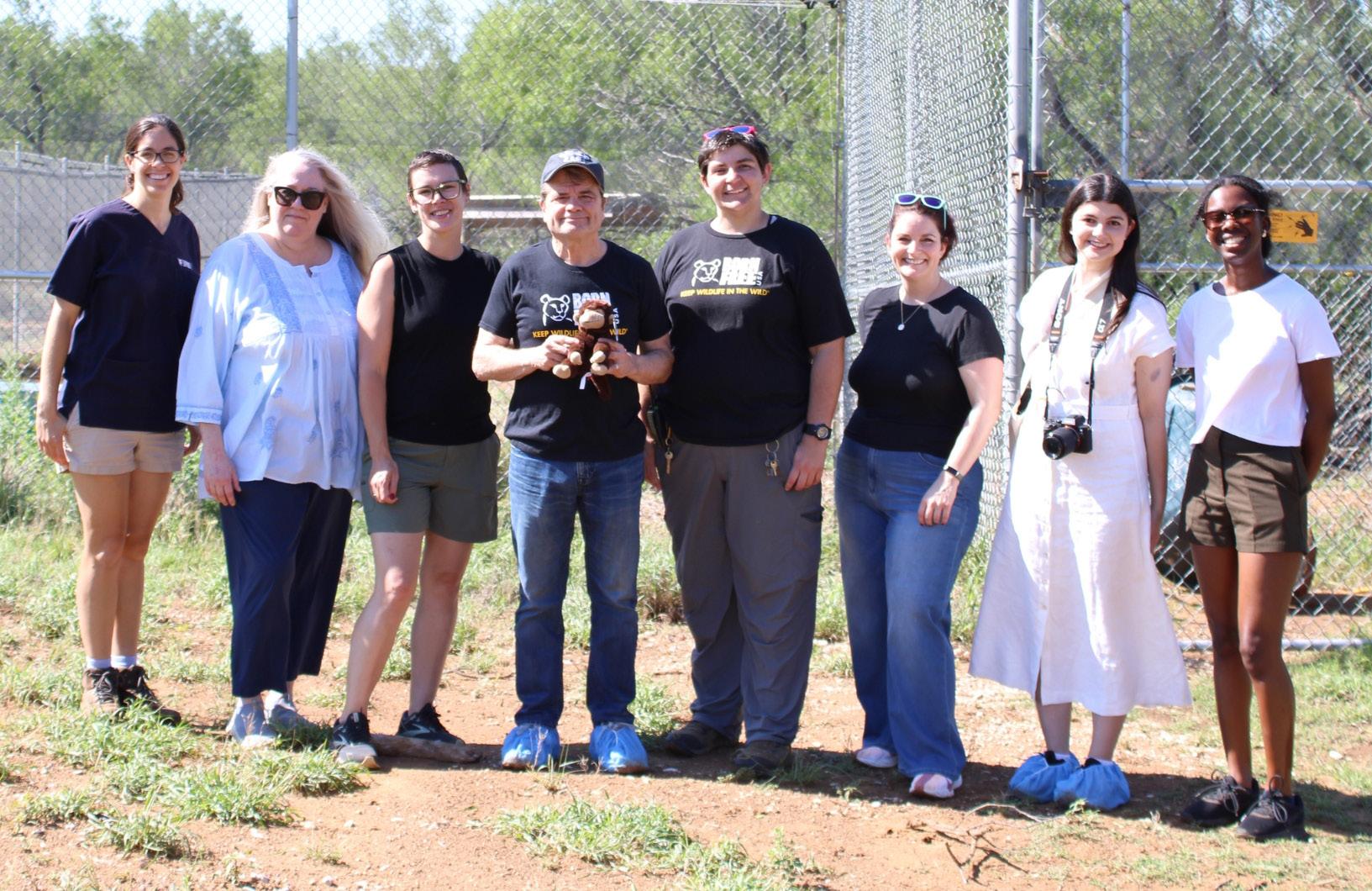
DRINK NO EVIL: SNOW MONKEY™ SAKE
SAVES REAL SNOW MONKEYS
Doing good feels good and tastes delicious!
Meet our new corporate supporter – Snow Monkey™ Saké Remix™ – an exciting new range of ready-to-drink beverages crafted from American-made Saké.
Snow Monkey CEO David Knight wants to connect his sustainably sourced, delightfully tasting product with the real snow monkeys that inspired its name. Snow Monkey draws inspiration from the joyful Japanese macaques who survive harsh winters by soaking in hot springs. Fittingly, the company is headquartered in Hot Springs, Arkansas, home to the largest U.S.-owned saké brewery. There, the saké in every can of Snow Monkey is crafted from locally grown rice and pure hot spring water.
“We knew we were making something special for the marketplace – something both joyful and delicious –but we wanted to do even more,” said Knight. “Our east-meets-west recipe creates a tropical fruit infusion embraced by a soft wash of bubbles, without the artificial or overly sweet aftertaste so common in malt or spirit-based beverages. Our tagline, ‘Drink No Evil’ says it all.”
The connection between Snow Monkey and the Born Free USA Primate Sanctuary is more than symbolic. Just as Snow Monkey draws from Japanese traditions to help make saké more approachable in the U.S., our sanctuary’s original troop of snow monkeys made their journey to Texas from Japan decades ago in search of a safe home, now shared by other macaques, baboons, and vervets who have been rescued over the years.
We are thrilled to partner with a company that shares our values and truly cares about these precious animals and helping us give them a peaceful forever home.
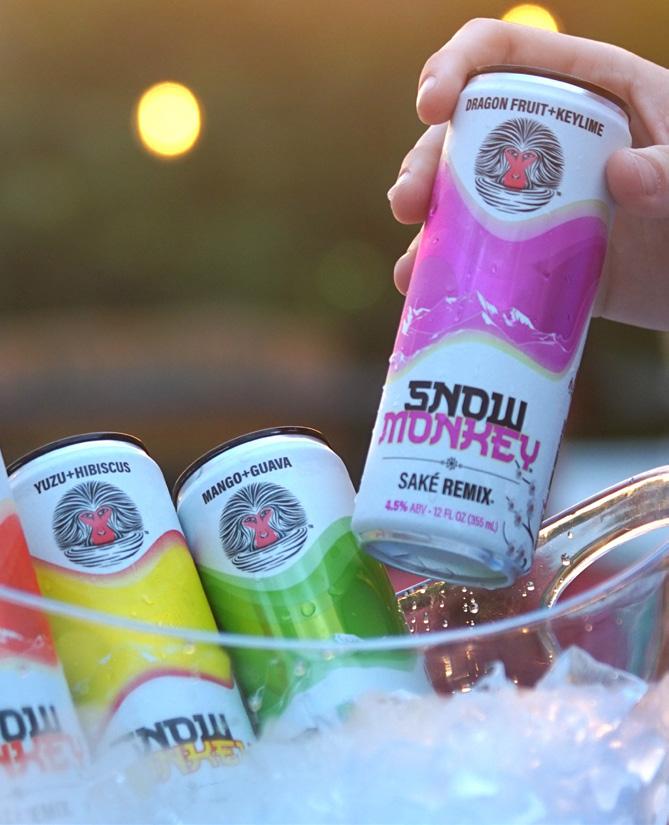
Snow Monkey has made a multi-year pledge to support the Born Free USA Primate Sanctuary through a variety of creative initiatives. These include donating one percent of annual profits, matching donations received this Giving Tuesday (December 2), and offering customers special opportunities to unlock contributions through awareness campaigns and product promotions. The partnership officially launched in July with a dazzling fireworks display before thousands of fans at an Arkansas Travelers minor-league baseball game. True to its brand – and to the spirit of the real snow monkeys – Snow Monkey is bringing curiosity, creativity, and joy to this collaboration.
Find out for yourself why Snow Monkey is so special. For stores or to order online, visit drinksnowmonkey.com. So, pick up a can and help the sanctuary monkeys!

AN EXCITING ANNOUNCEMENT FOR
GIVING TUESDAY!
Thanks to our partners at Snow Monkey Saké, donations to this year’s Giving Tuesday campaign will be matched up to $6,000 with a grant to the Born Free USA Primate Sanctuary! That means for every $1 donated to our Giving Tuesday campaign, $1 will be donated to the sanctuary. Your gift will be protecting wildlife in the wild AND giving rescued animals a second chance at life! Giving Tuesday is December 2 but our campaign is live right now!
Make your gift today at bornfreeusa.org/givingtuesday.

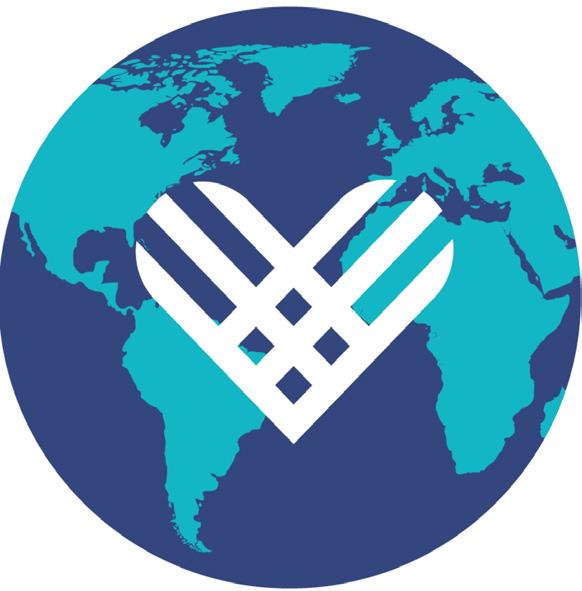


SPEAK UP FOR WILDLIFE!
Did you know Born Free USA hosts an online advocacy center with ways to take action on behalf of wild animals? You can contact your representatives about pending legislation, sign petitions on critical issues, and raise your voice for the animals who cannot speak for themselves. Start your advocacy journey today at bornfreeusa.org/action-center.

OF
P.O. Box 32160
Washington, DC 20007
301-448-1407
info@bornfreeusa.org
www.bornfreeusa.org
Change Service Requested
PROTECT WILDLIFE FOR GENERATIONS TO COME
Your legacy can be a lifeline for animals in need.
By including Born Free USA in your will or trust, you become part of Elsa’s Legacy Circle, a dedicated community ensuring that wild animals have a bright future.
Creating your legacy is simple and takes just minutes with our complimentary Will & Trust tool offered by Freewill.
Secure your legacy. Protect their future. Visit bornfreeusa.org/planned-giving.

